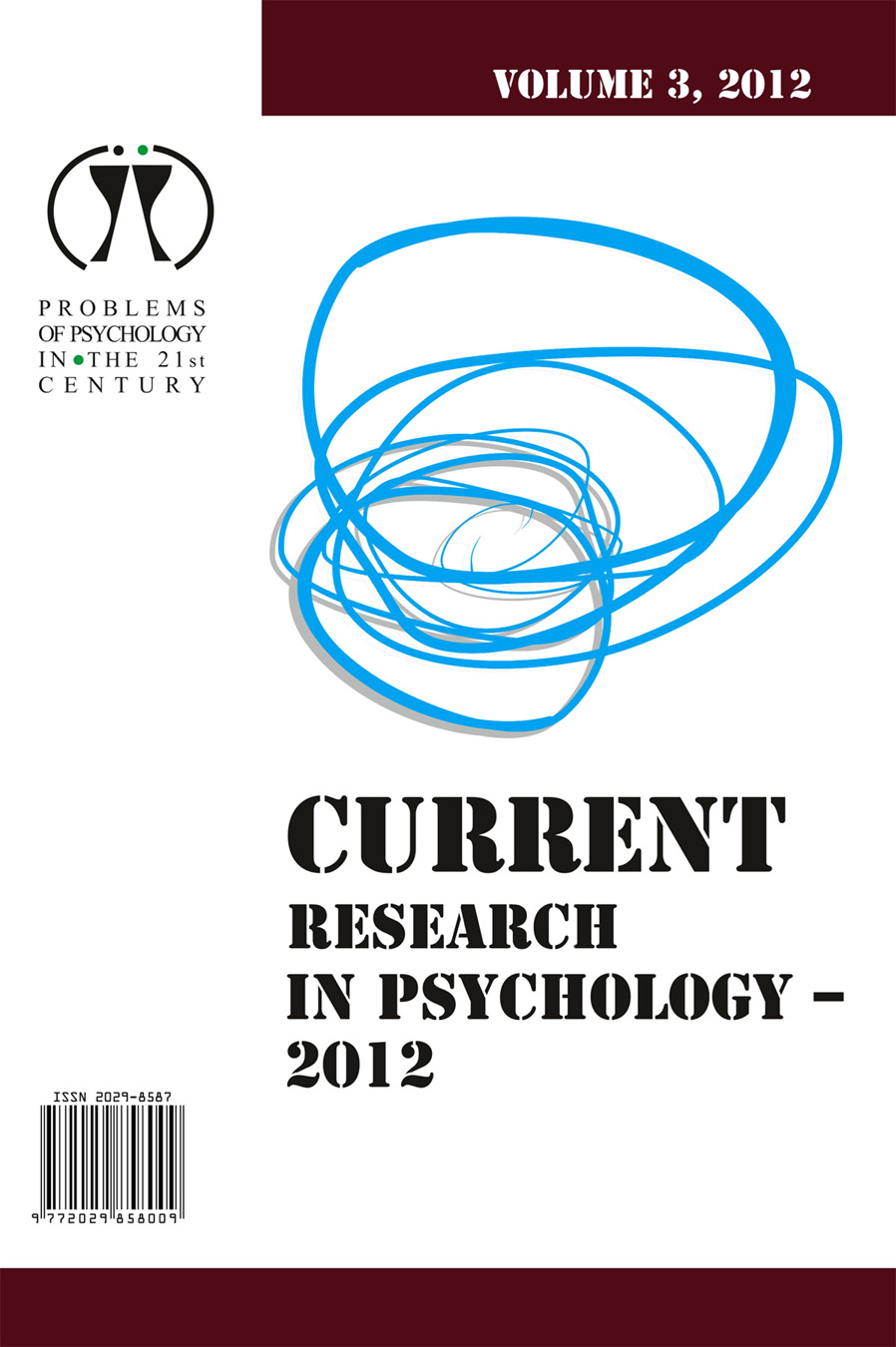HOPEFULNESS, POSITIVE AND NEGATIVE EMOTIONS IN RURAL RESIDENTS WITH DRINK WATER SHORTAGE: AN IRANIAN CASE STUDY
HOPEFULNESS, POSITIVE AND NEGATIVE EMOTIONS IN RURAL RESIDENTS WITH DRINK WATER SHORTAGE: AN IRANIAN CASE STUDY
Author(s): Siamak Khodarahimi, Haydar DeghaniSubject(s): Psychology, Social psychology and group interaction, Personality Psychology, Demography and human biology
Published by: Scientia Socialis, UAB
Keywords: demographics; dispositional and state hope; drink water shortage; positive and negative emotions;
Summary/Abstract: The purpose of this study was to examine the effects of drinking water shortage on emotions and hope in an Iranian sample, and to investigate the roles of gender, location of residence, marital status, job and the level of education on these constructs. Participants were included 1198 rural residents from two regions with and without drinking water shortage from Darab and Eghlid cities, Iran. A demographic questionnaire, the Adult Dispositional Hope Scale (ADHS), the Adult State Hope Scale (ASHS) and the Positive and Negative Affect Schedule (PANAS) were used in this study. The rural residents with drinking water shortage had higher levels of negative emotions than rural residents without drinking water shortage. However, rural residents without drink water shortage had the higher performance on positive emotions, dispositional hope and state hope than the rural residents with drink water shortage. The effects location of residence, gender, the level of education and occupation on positive and negative emotions, dispositional hope and state hope are confirmed in this sample.
Journal: Problems of Psychology in the 21st Century
- Issue Year: 3/2012
- Issue No: 1
- Page Range: 32-41
- Page Count: 10
- Language: English

